Best CrashPlan Alternatives You Can Use will be discussed in this article. A excellent practice that we should all adhere to is backing up all of the data on our computers. Even while it could take some time the first time you do it, this method has great long-term benefits. CrashPlan from Code42 is one of the best solutions for this that is offered. Sadly, the business has decided to discontinue its “CrashPlan for Home” product, which targets consumers. If you are a current user of this service, it’s possible that you have gotten an email informing you of the service’s termination and offering a free extension of 60 days so you can locate a suitable CrashPlan substitute. The top 8 CrashPlan alternatives are listed below in case you haven’t yet found the finest one:
Top 8 CrashPlan Alternatives You Can Use
In this article, you can know about Top 8 CrashPlan Alternatives You Can Use here are the details below;
1. Backblaze
Backblaze is one of the most user-friendly cloud backup services and perhaps the finest CrashPlan substitute because of its extremely basic design. Although there is no particular order to this list, Backblaze unquestionably deserves to be at the top. It has a single annual pricing of $50 as opposed to CrashPlan’s individual package, which costs $59.99. The user experience is one of the areas where this service excels. You don’t need to search through many paths on your computer as you would with CrashPlan in order to indicate the files you want backed up. As an alternative, Backblaze lets you pick the file formats that you wish to back up and handles the rest. You can also exclude specific folders that might contain files of the specified formats, in case you were curious.
Backblaze offers 128-bit encryption for your data as opposed to CrashPlan’s 448-bit encryption in terms of security. Although the odds are in CrashPlan’s advantage in this case, Backblaze’s security cannot be readily breached. Additionally, it resembles CrashPlane in that your data is encrypted both in transit and at rest at their data centers and is only decrypted upon download. Along with two-factor verification, which CrashPlane lacked, Backblaze offers an app for Android and iOS that lets you access your files from anywhere.
The free local backup option from CrashPlan is one that Backblaze lacks. The latter, in contrast to the former, prevents you from backing up on either external hard drives or on a different computer. Despite this, crucial functionality like continuous backups and versioning (up to 30 days) are still included in this option. Let’s now discuss restoration. Three options are provided by Backblaze for you to achieve that. You must visit their website and check in to your account first, though. There, you have the option of downloading all of your data as a ZIP file or asking for a hard drive or rechargeable USB flash drive to be given to you along with your data. Within 30 days, you can return these drives and for a refund.
- Price: $50/year with a free 15-day trial.
- Visit the website for Windows, Mac, Android, and iOS.
2. Carbonite
Even though CrashPlan is discontinuing its customer-focused services, it won’t abandon you in utter despair. In addition to the complimentary 60-day extended services, Code42 also advises Carbonite as the replacement you ought to use. An easy-to-use service called Carbonite walks you through a straightforward backup process. Here, you have the option of using the suggested options or making your own changes. Your files will therefore be backed up as a result. Overall, it is simpler to do this first setup using Carbonite than it is with CrashPlan.
Carbonite and CrashPlan are both recommendations from the same company, thus there are some similarities. You initially receive unrestricted backup storage, ongoing backup security, and external hard disk backup. With Carbonite, all your settings are backed up, so you won’t have to bother about setting up a new computer to your preferences once more. In terms of security, CrashPlan uses 448-bit Blowfish encryption, whereas Carbonite Server Backup handles your encryption key using 128-bit AES encryption by default. You can also decide to control your own private encryption key management. By selecting this, 256-bit AES encryption will be used to encrypt your backups. Your files will continue to be encrypted when they leave your computer, regardless of the configuration you select.
Data restoration is the final component of a cloud backup service that is crucial. For an unlimited number of machines, Carbonite offers restoration. Additionally, the service includes a function known as Bare Metal Restore. The major advantage of this is that you can restore a computer even if it doesn’t already have an operating system or any pre-installed software. This is a fantastic feature that may be useful. Additionally, it is a feature that CrashPlan did not have.
- Home is priced at $59.99 per year with a free 15-day trial.
- Visit the website (Windows, macOS).
3. IDrive
IDrive is more than just a tool for computer backups. You may even backup your mobile devices with this, which CrashPlan does not offer. Additionally, the files you backup are safe since each one is given a unique encryption key. This implies that the other files in your collection would be protected even if one of them is hacked. You should switch to IDrive in addition to the fact that it is frequently quicker than CrashPlan.
Local backup, backup scheduling, seed loading, and packaged restore are a few extremely practical features that IDrive adopts from CrashPlan. You can send your files on a hard disk to the cloud backup service by seed loading (IDrive Express backups). If you have a slow internet association or a small amount of bandwidth, this is really useful. It’s vital to keep in mind that in order to use this service, the amount of data must be at least 100 GB. For personal users, this function is offered without charge once a year. The reverse of seed loading is shipped restore (also known as IDrive Express Restore). You can ask the business for a restore using this option. It costs $99.50 each request to get this.
IDrive does not offer CrashPlan’s 448-bit encryption or telephone support, among other features. Nevertheless, you do receive 256-bit AES encryption, which ought to be sufficient.
- Pricing: Personal starts at $52.12 per year and is free.
- Visit the website for Windows, Mac, Android, and iOS.
4. Duplicati
The GNU Lesser General Public License is what makes Duplicati open-source and makes its source code available on GitHub. As a result, it is completely free, unlike CrashPlan. However, it is still just as secure as any other cloud backup service. You can select the level of security you desire for your data with this. Either an external GNU Privacy Guard (GPG) or the built-in 256-bit AES encryption are options. Scheduled backup is one feature that Duplicati and CrashPlan have in common. This implies that you can decide when and what days of the week the backup should occur.
FTP, SSH, and WebDAV are among the common protocols that Duplicati supports. Other well-known services include Microsoft OneDrive, Amazon Cloud Drive, Amazon S3, Google Drive, Box.com, Mega, HubiC, and many more. In contrast to CrashPlan, this service offers a wide range of alternatives for backing up your files. To name a few, you can configure HTTP requests, choose the storage type, and set up a username and password for the backup. Additionally, hidden files and particular file types can be included or excluded.
Free Pricing; Platforms: (Windows, macOS, and Linux) Go to the website
5. Acronis True Image
Acronis True Image might be the better option for you if you don’t mind this program using up about half a gigabyte of storage space. Unlike CrashPlan, it downloads the entire program after initial setup. On the other hand, Acronis True Image’s user-friendly interface contrasts sharply with CrashPlan’s cluttered screen. This is another CrashPlan Alternatives. Also check IFTTT Alternatives
The essential CrashPlan functions are available in Acronis True Image, which is comparable in that regard. Multiple system backups, automatic backups, file versioning, and scheduled backups are a few of these. Acronis True Image can be used to backup social networking sites and mobile devices in addition to these. Your backups can be stored on an external drive, a local folder on your computer, or the Acronis cloud.
Acronis True Image offers more than just file backup functionality. It also provides a number of useful tools if you’re interested. Acronis Universal Restore, Parallels Access, and Clone Disk are a few of these. In terms of cloud backup, Rescue Media Builder is the most practical. This enables you to create an ISO file backup of your system, which you can use to boot a system that has crashed or has no operating system and keep all of your contents safe.
- Starting at $49.99 with a free 30-day trial.
- Platforms: Go to the website (Windows, Mac, Android, iOS)
6. SpiderOakONE
You may also use SpiderOakONE as a superb substitute for CrashPlan. SpiderOak bases its product development on the “No Knowledge” tenet. This emphasizes that the corporation does not maintain any information about your backed up data and is their fancy way of emphasizing end-to-end encryption. Your data is protected with SHA-256 AES encryption, to be more technical. Additionally, a fresh key is given for every file you upload.
Similar to CrashPlan, two-factor authentication can be used to increase the security of your SpiderOakONE account. Additionally, you receive important features like automatic backup and versioning. Both the time and the day of the week can be scheduled for these backups. The “SpiderOak Hive” feature is another excellent addition. By doing this, a folder is created on your computer into which files may be dropped and accessed from many devices. Finally, keep in mind that SpiderOakONE is not faultless either. It lacks certain helpful features, such as administrator controls and in-place restoration, compared to CrashPlan. This is another CrashPlan Alternatives.
- Price: $5/month with a free 21-day trial.
- Platforms: Visit the website (Windows, Mac, Linux, Android, and iOS).
7. ElephantDrive
ElephantDrive is the most user-friendly cloud backup solution available, employing a slightly different strategy than CrashPlan. A folder called “MyElephantDrive” is created on your computer once the software has been downloaded. You can manage all of your backup files here. Any file can be dragged and dropped into this folder to be backed up. Two default folders labeled “Backup” and “Everywhere” can be found here. Your files will be uploaded to the web server in the “Backup” folder, and they will also appear on another computer running ElephantDrive with the same login in the “Everywhere” folder.
ElephantDrive is encrypted with 256-bit AES and includes automatic backups, file versioning, web access, and other features similar to CrashPlan. Even managing backups across many PCs is possible. Additionally, because your files are spread across many places, data loss in one facility is possible. One of the few cloud backup services, similar to CrashPlan, that supports Linux. The service is also compatible with iOS, Android, and Network-Attached Storages (NAS). The Lite edition is the default download from the internet. You receive 2 GB of storage for free with this. You can elevate to the Pro version to gain more.
- Pricing: Pro starts at $9.95/month and is free for 2 GB.
- Visit the website for platforms (Windows, macOS, Linux, NAS, Android, and iOS).
8. Resilio Sync
Compared to CrashPlan, Resilio Sync offers a somewhat different kind of service. This is more of a cloud sharing service than a cloud storage service. Having said that, it is just as capable as any other CrashPlan substitute. In fact, this might end up being the best option on this list if you are not wanting to backup massive files. After creating an account, you can add a folder, receive a synchronization key, and use that key on any other computer that has Resilio Sync installed to sync files between them. This is another CrashPlan Alternatives.
Resilio Sync is remarkably quick for such a straightforward program. You receive the versioning capability, just like CrashPlan, but only for files older than 30 days. There is an enhanced version of the service called “Sync Home” that offers capabilities including linking numerous devices, selective syncing, one-time sending, and bandwidth use control. It is available with a free 14-day trial. Also check Postman Alternatives
- Price: $59.99, plus a free 14-day trial for Pro.
- Platforms: Visit the website (Windows, Mac, Android, iOS, and NAS).
Switch to the best Crashplan alternatives
Even if CrashPlan intends to discontinue its customer-focused service, you should still back up your data. Knowing some of the top CrashPlan alternatives available should make it simpler for you to choose the finest one. Which CrashPlan substitute did you pick, then? Please share your answers in the section below.


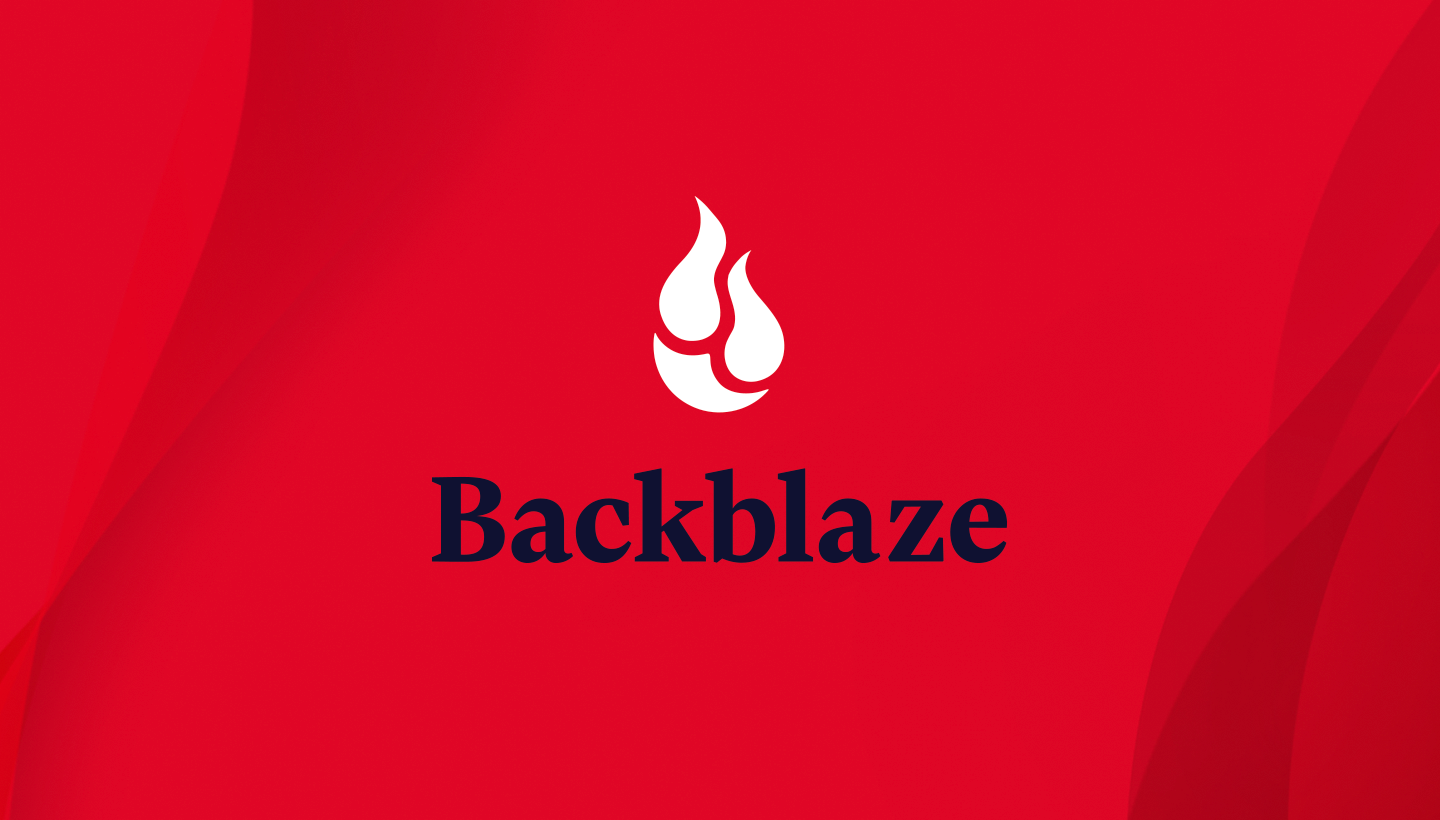

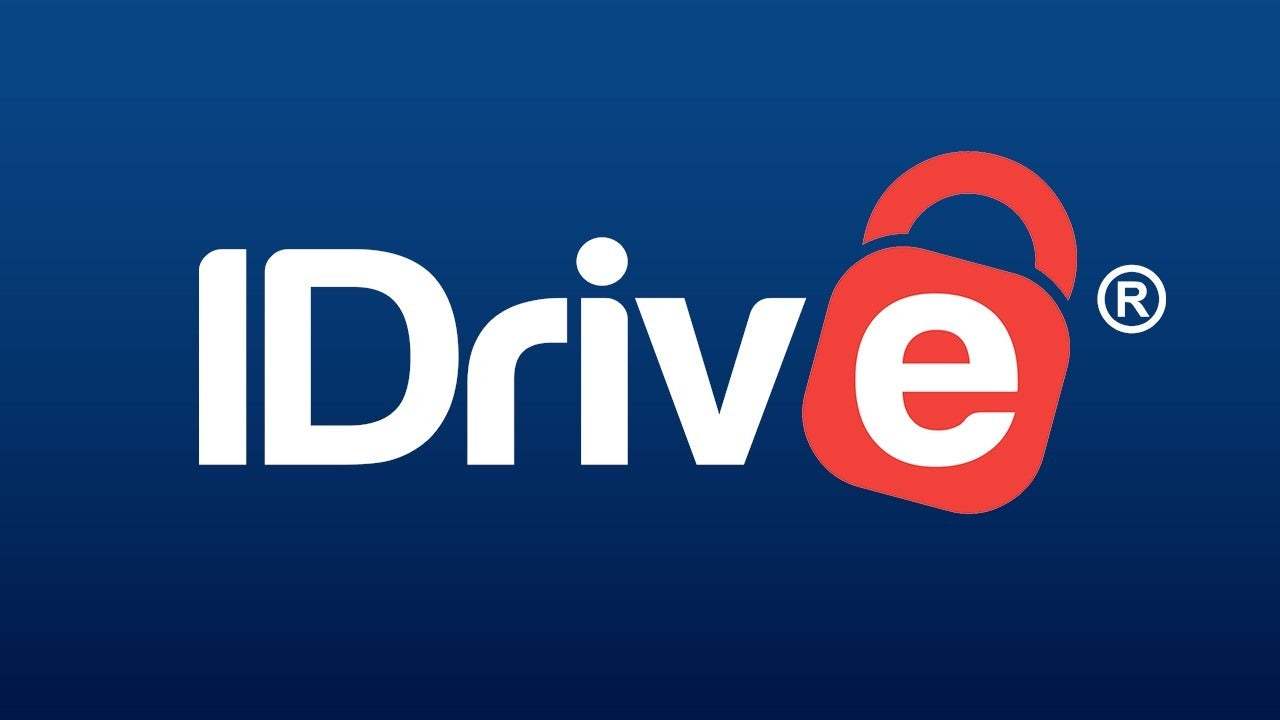
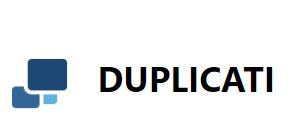
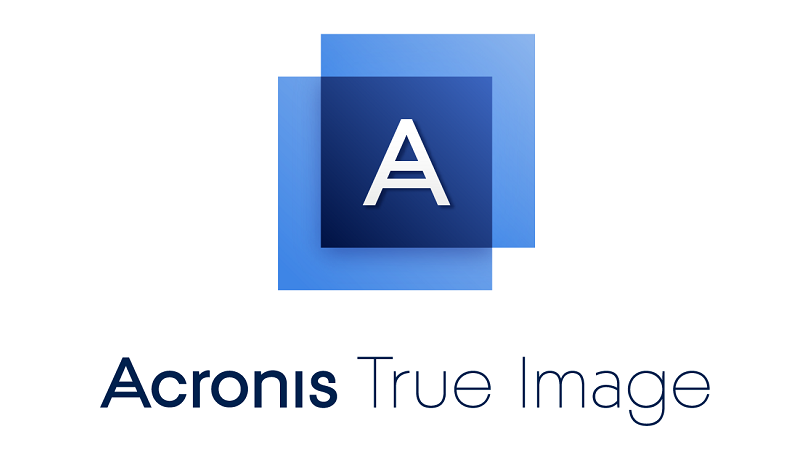

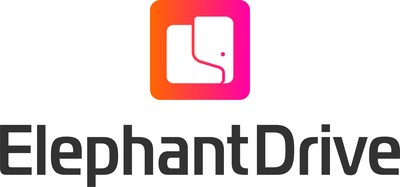
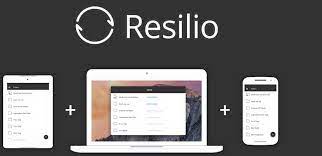





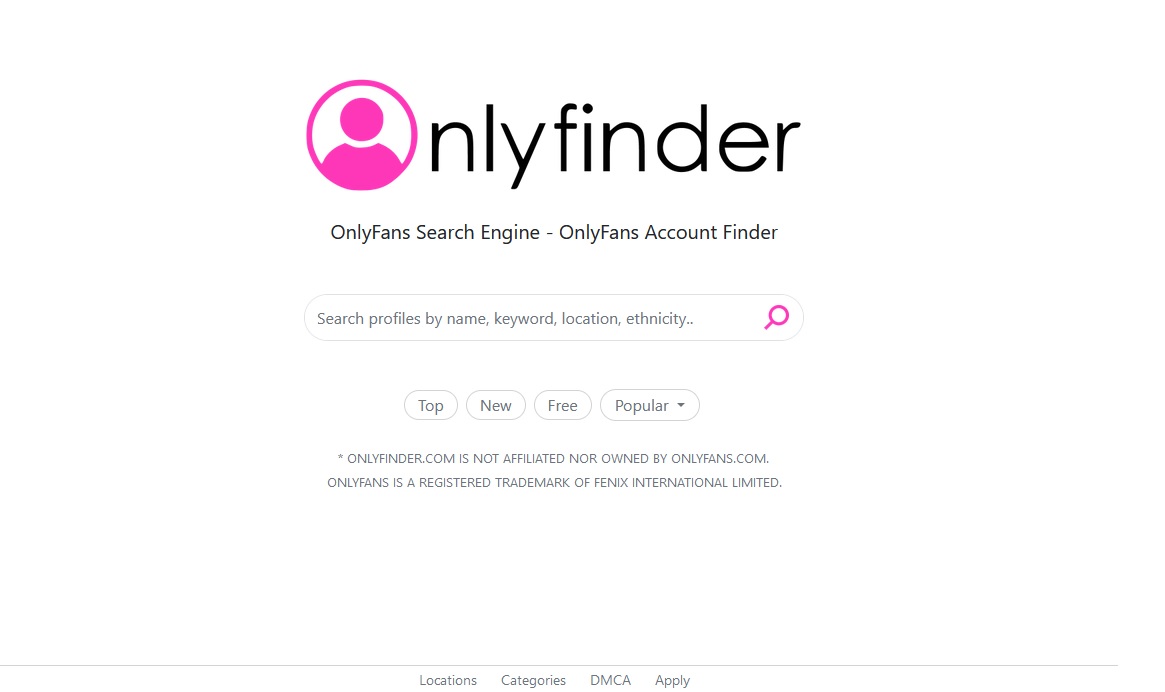
Add Comment